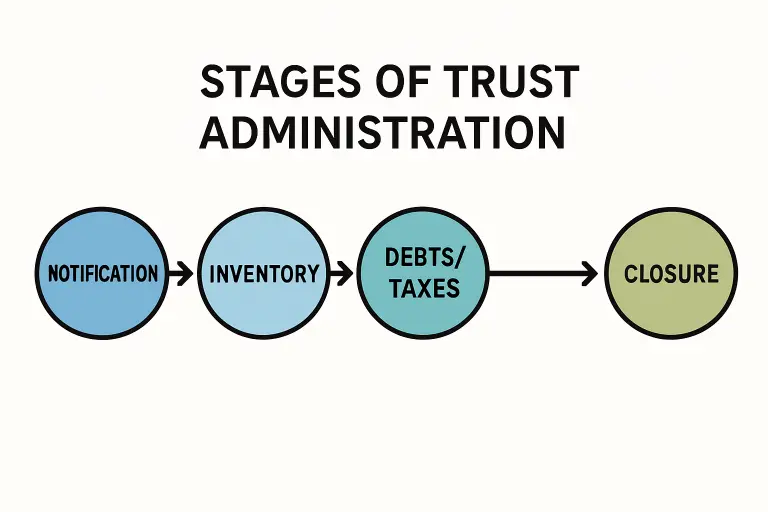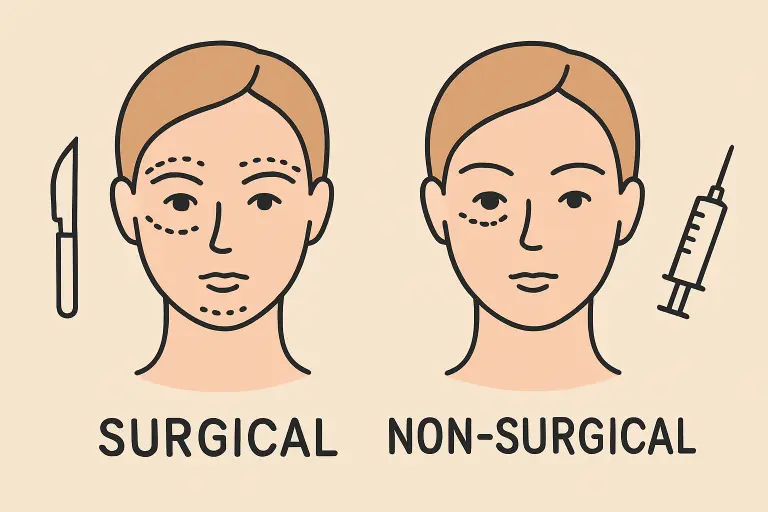Are you aware of the California overtime law and how it affects you as an employee? Understanding your rights and protections is key to ensuring fair compensation for your hard work.
Some employers may exploit a lack of awareness among employees regarding their entitlement to overtime pay. But when does overtime start in California? California has consistently led the way in progressive labor legislation, aiming to protect workers’ rights and promote fair employment practices.
In this article, we will provide you with everything you need to know about California overtime law, empowering you with the knowledge to advocate for your rights and ensure that you receive fair compensation for your dedicated efforts.
Table of Contents
Eligibility for Overtime Pay
If you work long hours on a regular basis, the California overtime law ensures that you’ll be compensated for your hard work. The quantity of hours worked and the nature of your employment determine whether you are eligible for overtime pay in California.
According to the law, employees who work more than 8 hours a day or 40 hours a week are entitled to receive overtime pay. This means that if you consistently work more than these hours, you should be paid at a rate of one and a half times your regular hourly wage for every additional hour worked.
However, not all jobs are eligible for overtime pay. Certain occupations, such as executive, administrative, and professional roles, may be exempt from receiving overtime pay.
Calculation Methods for Overtime Compensation
Maximize your earnings by understanding the various ways overtime pay is calculated. In California, there are two methods for calculating overtime compensation: the daily overtime and the weekly overtime method.
- Daily Overtime: Under this method, you’re entitled to overtime pay if you work more than eight hours in a single workday. For every hour worked beyond eight hours, you’re eligible for one and a half times your regular hourly rate.
- Weekly Overtime: This method applies if you work more than 40 hours in a workweek. In this case, you’re entitled to one and a half times your regular hourly rate for every hour worked beyond 40 hours.
Keep in mind that you’re entitled to the higher of the two calculations. So, if you work more than eight hours in a single workday and also exceed 40 hours in a workweek, you’ll receive overtime pay based on the method that results in a higher compensation.
Exceptions and Exemptions to California Overtime Law
While most employees are entitled to overtime pay, there are certain exceptions to this rule. For example, if you’re classified as an exempt employee, you may not be eligible for overtime pay. Exempt employees typically include executives, professionals, and administrative employees who meet specific criteria set by the state.
Certain industries, such as the motion picture industry, have their own exemptions and regulations regarding overtime pay. If you are one of these, it is even more important to familiarize yourself with these exceptions and exemptions to ensure that you understand your rights as an employee and that you’re being properly compensated for your work.
Rights and Protections for Employees
Learn about your rights and how you’re protected as an employee in California; knowing so can help in maintaining a fair and equitable work environment in the state.
The California overtime law provides various rights and protections to ensure fair treatment in the workplace. First and foremost, employees are entitled to receive overtime pay for any hours worked beyond 8 hours in a day or 40 hours in a week. This means that if you work more than the standard hours, you should be compensated at a higher rate.
Employees also have the right to take meals and rest breaks during their shifts. For every four hours of work, you’re entitled to a 10-minute paid break and a 30-minute unpaid meal break. In addition to these rights, employees are protected against retaliation for exercising their rights under the overtime law. If you believe your rights are being violated, you can file a complaint with the appropriate authorities to seek resolution.
Responsibilities and Compliance for Employers
Does your workplace operate in accordance with the responsibilities and compliance requirements set forth for employers?
Employers in California must understand their obligations when it comes to overtime laws. They have to ensure that:
- Properly classified employees as either exempt or non-exempt. Exempt employees aren’t entitled to overtime pay, while non-exempt employees are.
- Accurately track and record the hours worked by non-exempt employees to ensure they receive the appropriate overtime compensation.
- Provide employees with accurate wage statements detailing their regular and overtime hours, rates, and total earnings.
Failure to comply with these responsibilities can result in legal consequences, such as penalties and potential lawsuits. It’s vital for employers to stay informed and updated on California’s overtime laws to avoid any violations and protect their business.
Conclusion
California’s overtime law has various aspects to it. As an employee, it’s important to know your eligibility for overtime pay and the different calculation methods used for compensation. Knowing these exceptions and exemptions to the law can further protect your rights and ensure fair treatment. Employers, on the other hand, must fulfill their responsibilities and comply with the law to avoid any legal issues.































































































































































































































































































































































































































































































































































































































































































































































































































































































































































































































































































































































































































































0